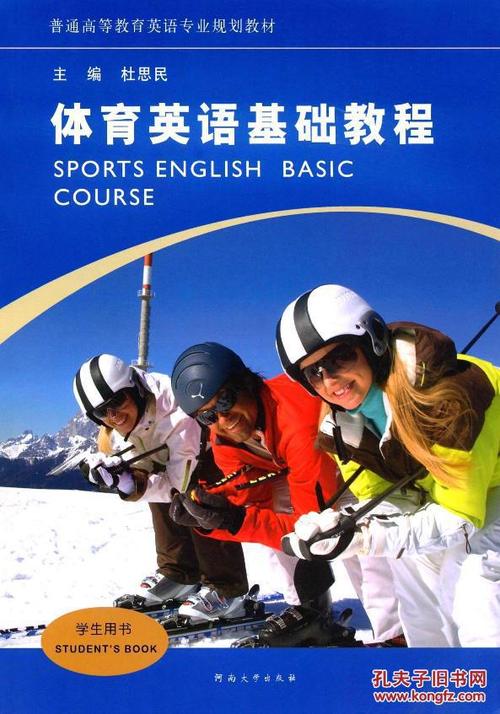Title: Enhancing English Proficiency in University Sports
In today's interconnected world, proficiency in English has become a crucial skill, even in the realm of university sports. Whether you're a studentathlete, coach, or administrator, mastering English can open doors to opportunities, facilitate communication, and enhance your overall experience in the sporting arena. Let's delve into why English proficiency is important in university sports and explore effective strategies to improve it.
Why English Proficiency Matters in University Sports:
1.
International Competitions:
University sports often involve participation in international tournaments and events. English serves as the lingua franca in such settings, enabling athletes from diverse linguistic backgrounds to communicate effectively with each other, coaches, and officials.
2.
Recruitment and Scholarships:
Many universities actively recruit studentathletes from around the globe. Proficiency in English can be a deciding factor in securing scholarships and gaining admission to prestigious sports programs.
3.
Media Exposure:
Athletes who excel in university sports may attract media attention, both domestically and internationally. Being able to express oneself eloquently in English enhances an athlete's ability to engage with the media and convey their thoughts and experiences to a wider audience.
4.
Career Opportunities:
While pursuing a career in professional sports is the dream of many studentathletes, it's essential to have a backup plan. English proficiency opens doors to various career paths in sports management, coaching, journalism, and beyond, providing opportunities for postathletic success.
Strategies for Improving English Proficiency:

1.
Immersive Language Programs:
Universities often offer intensive English language courses tailored to the needs of studentathletes. These programs provide immersion experiences, allowing participants to practice speaking, listening, reading, and writing in English within a supportive environment.
2.
Language Exchange Programs:
Pairing up with native English speakers or participating in language exchange programs can be highly effective in improving conversational skills. Engaging in regular conversations, either in person or through online platforms, helps build confidence and fluency.
3.
Utilizing Sportsrelated Vocabulary:
Incorporating sportsrelated vocabulary into English lessons makes learning more engaging and relevant for studentathletes. Coaches and educators can design activities, such as discussing game strategies, analyzing match footage, or giving interviews in English, to reinforce language skills in a sports context.
4.
Cultural Immersion Activities:
Understanding the cultural nuances of Englishspeaking countries enhances communication skills and fosters cultural competency. Universities can organize cultural immersion activities, such as attending sporting events, visiting museums, or participating in community service projects, to broaden students' perspectives.
5.
Technologybased Learning:
Leveraging technology platforms and apps designed for language learning can supplement traditional teaching methods. Interactive exercises, language games, podcasts, and videos offer flexible and accessible ways to practice English skills at any time.
6.
Encouraging Peer Support:
Creating a supportive peer environment where studentathletes encourage and help each other in their language learning journey can be highly beneficial. Group study sessions, language clubs, and collaborative projects foster camaraderie and motivation among participants.
Conclusion:
In the dynamic world of university sports, English proficiency is a valuable asset that can empower studentathletes to succeed on and off the field. By recognizing the importance of English language skills and implementing effective strategies for improvement, universities can equip their sports programs with the tools necessary to thrive in an increasingly globalized environment. With dedication, perseverance, and the right support systems in place, studentathletes can enhance their English proficiency and unlock a world of opportunities in the exciting realm of university sports.
